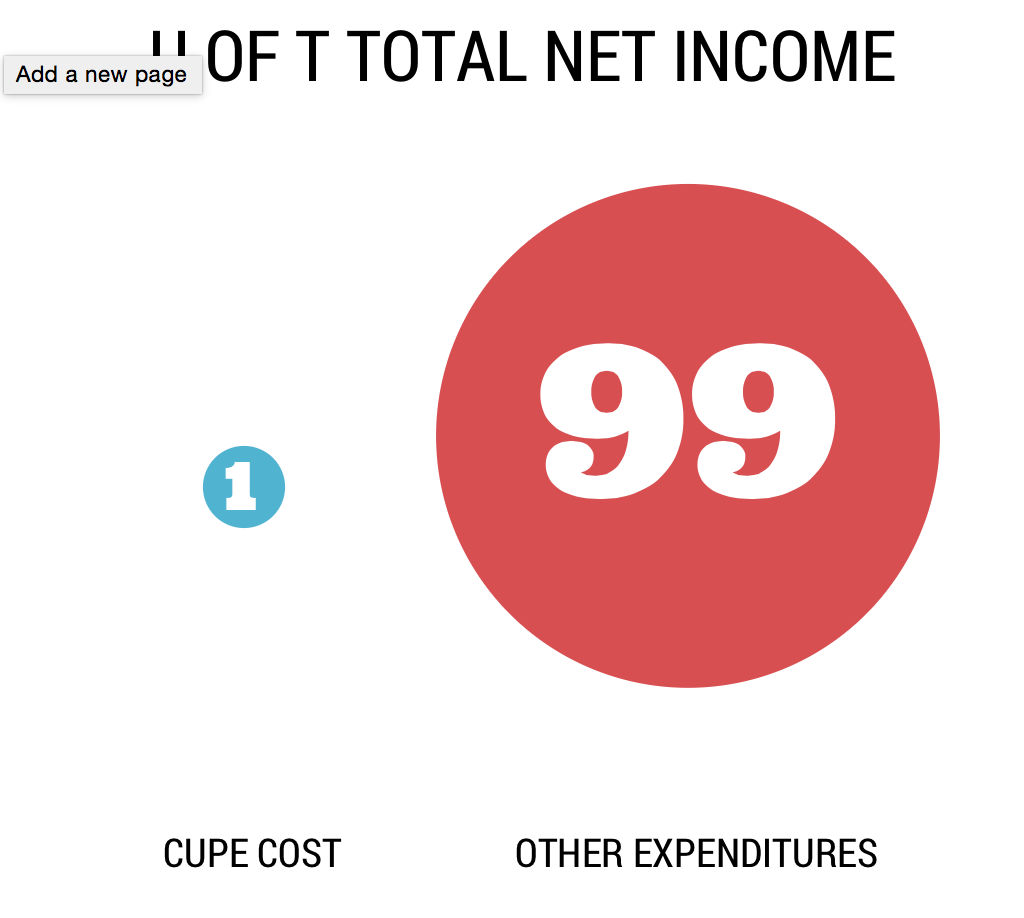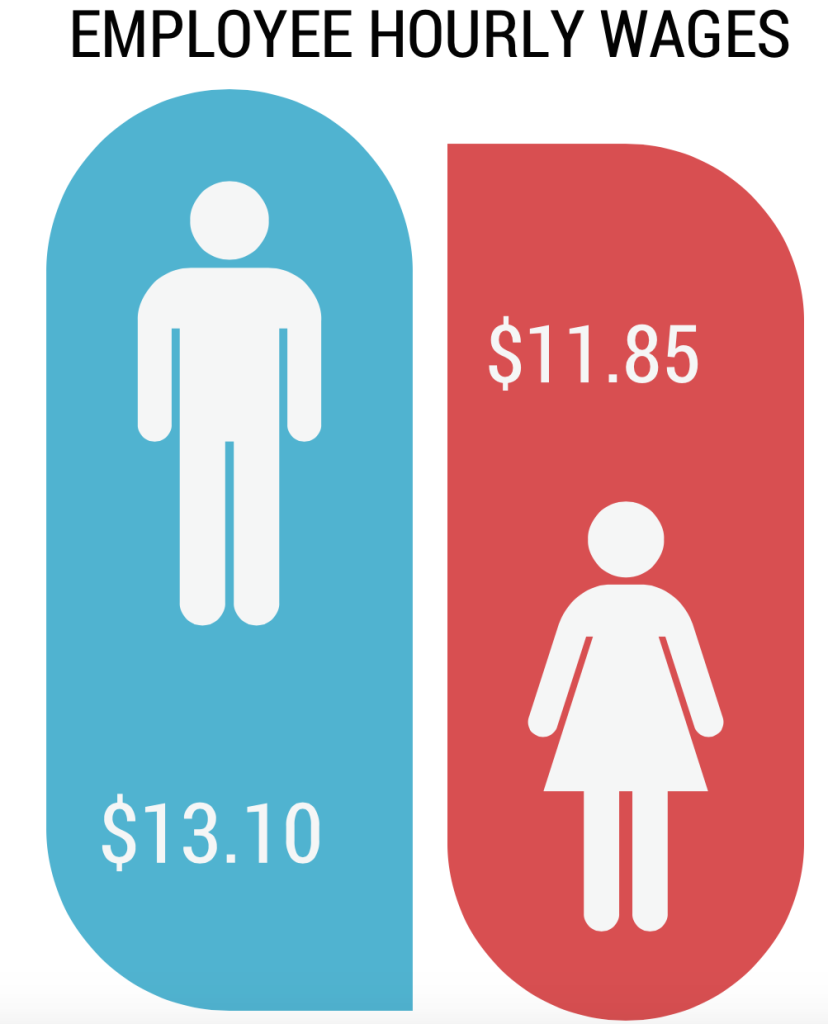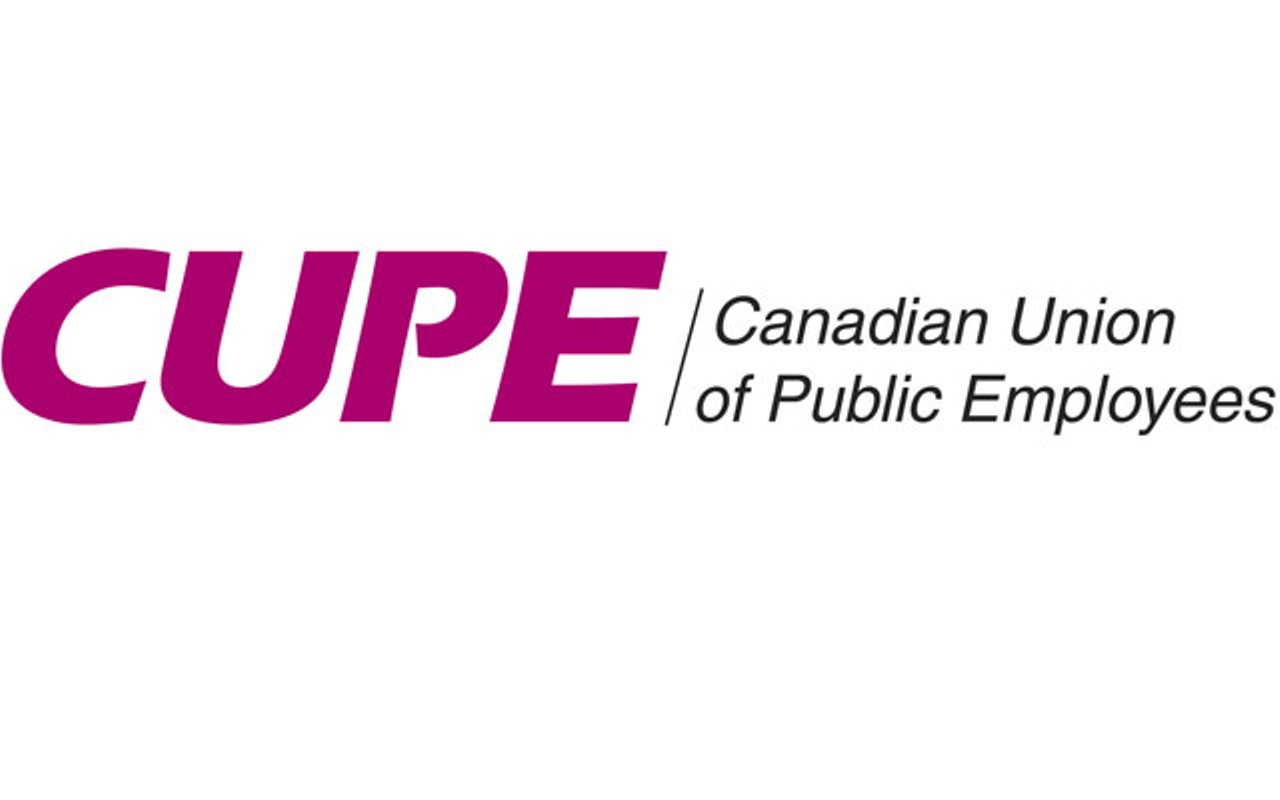U of T Not Concerned with Keeping Their Hands Clean
On the replacement of CUPE employees with contracted janitorial staff
At U of T, custodial staff are primarily employed under the Canadian Union of Public Employees (CUPE), with about 1000 full-time, part-time, temporary, and causal employees at St. George, UTM, and UTSC. In November 2015, U of T began to contract the maintenance of buildings related to the Faculties of Law and Music to an outside cleaning company. On February 2016, this same company was contracted to clean the Faculty of Dentistry, replacing staff members who’ve been employed through CUPE for decades.
Employees of CUPE are promised “[liveable] working wages for the City of Toronto,” health benefits, pensions, and the eligibility to send their children to U of T, courtesy of a tuition waiver, provided they had been admitted by pre-existing standards. The tuition waiver applies to most, if not all, employees working for the University of Toronto. Through this policy, dependents of employees are eligible to receive waivers ranging from less than $1,000 up to $16,000, applicable only on academic tuition and first undergraduate degrees or certificates.
However, recent trends have shown CUPE employees working for the University of Toronto are being uprooted from their positions and replaced by Compass Canada Support Services LTD employees. Custodial staff employed through Compass have significantly lower pensions and fewer health benefits. Contracted workers through Compass are not eligible to qualify for the tuition waiver for dependents. On such a diminished salary, they are likely unable to send their children to the university itself.
The University of Toronto is the largest and wealthiest post-secondary institution in Canada, with a revenue that reached somewhere around $2.7 billion with a net income of $204 million in 2014. In the 2014 year, the cost to keep the buildings at the university maintained by CUPE employees was $25 million dollars (approximately 12.3 per cent of the total net income).
The cost of CUPE employment in 2014, in addition to the 52 dependants (of 45 employees) who received waivers for the 2013/2014 academic year (for a total waiver value of approximately $325,000) consolidates at a final total of $25,325,000 – less than 1 per cent of the total net revenue. Yet, despite the fact that the wages and benefits, including the tuition waiver, equate to a mere fraction of the university’s annual profits, veteran CUPE care staff are now faced with the threat of being replaced by newer, cheaper labour.
Compass employee wages are determined by the weight of the work they are expected to perform. The agreement signed by Compass employees states that they are to be paid $11.85 per hour for “light work” and $13.10 per hour for “heavy work.” Problematically, what constitutes heavy versus light work is not specifically cited. This division in the cost of labour characteristically justifies paying female employees less than male ones.

Leanne MacMillan, CUPE Servicing Representative, notes that although it is not directly stated, “As someone who has been active in the labour and women’s movements for decades, the [light/heavy binary] used to be code words for men and women.”Wages of CUPE employees start hourly at $13.16 and cap off at $20.21. In comparing the maximum $13.10 per hour that can be made by a Compass employee for heavy work with the highest possible wages paid to CUPE workers, the university would be effectively saving about 35 per cent on hourly pay alone.
Statistics from the Canadian Centre for Policy Alternatives calculated that in 2015, the minimum livable wage for the city of Toronto was $18.52 per hour at a minimum of 37 hours per week. Therefore, a Compass employee in the lowest wage bracket is making about six dollars short each hour of being able to just afford the basic necessities in the city of Toronto.
Meanwhile, full-time and part-time workers employed through CUPE are paid a probationary rate of $18.20 per hour, which is then increased to $20.21 per hour at the end of the set period. Not only is U of T eliminating people from their positions, but also supporting a company that fails to provide their employees with a wage substantial enough to live on in one of Canada’s most expensive cities.
Even the president of the University of Toronto, Meric Gertler, has commented on the increasing issue of wage injustice in the GTA, “[we] see increasing income polarization, a growing gap between the rich and the poor.”
If the university is aware of these pay inequities, why does the most financially well-off university in Canada continue to reinforce them?
This burgeoning relationship between U of T and Compass Canada has caused concern among both full-time and part-time employees hired under CUPE. While the janitorial wages are enough to “keep [the employees] out of poverty in one of the world’s wealthiest cities,” tuition fees are close to equating to workers’ annual salaries.
CUPE is growing increasingly worried about the implications of the university’s recent inclination towards contracted work, and away from those who have invested long periods of their life to dedicated service. Conclusively, as a university that prides itself on the “promotion of equity and justice,” CUPE employees have admissible indignation as the University of Toronto continues to foster a relationship with a company that contractually endorses gendered pay inequalities and fails to provide them with a just explanation for this shift towards contracted labour.
The hard-working CUPE employees deserve the conditions they were promised upon their hiring. By continuing contracting Compass employees to do the work previously done by CUPE members for the University of Toronto, the university is proving it values cheaper labour over its relationship with longstanding members of the employed university community.
In fact, the university degrades the strength of the community at large by sanctioning the division of labour between CUPE and Compass, and disrespects trusted, loyal employees by demonstrating how easily they can be replaced.
A link to the petition to stop the contracting out of janitorial labour at the University of Toronto can be found at the following address:
